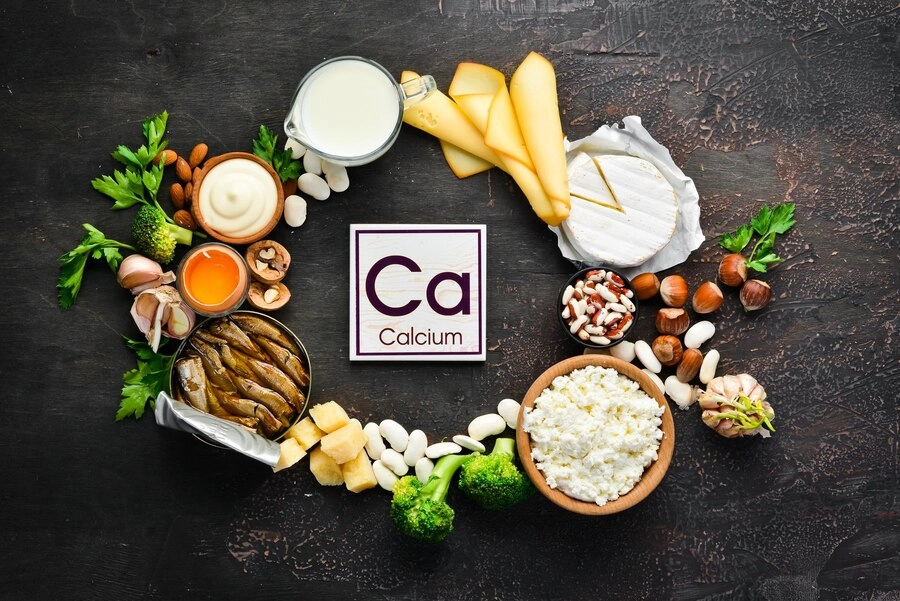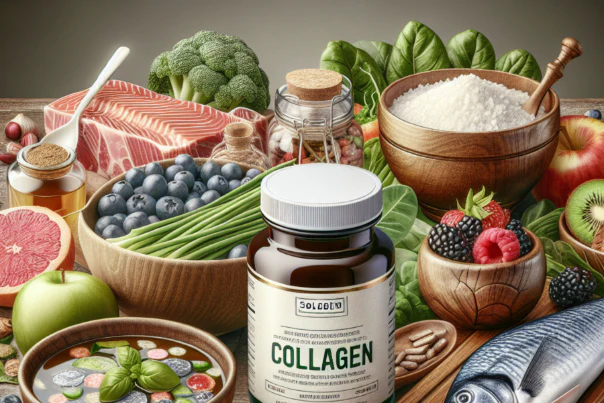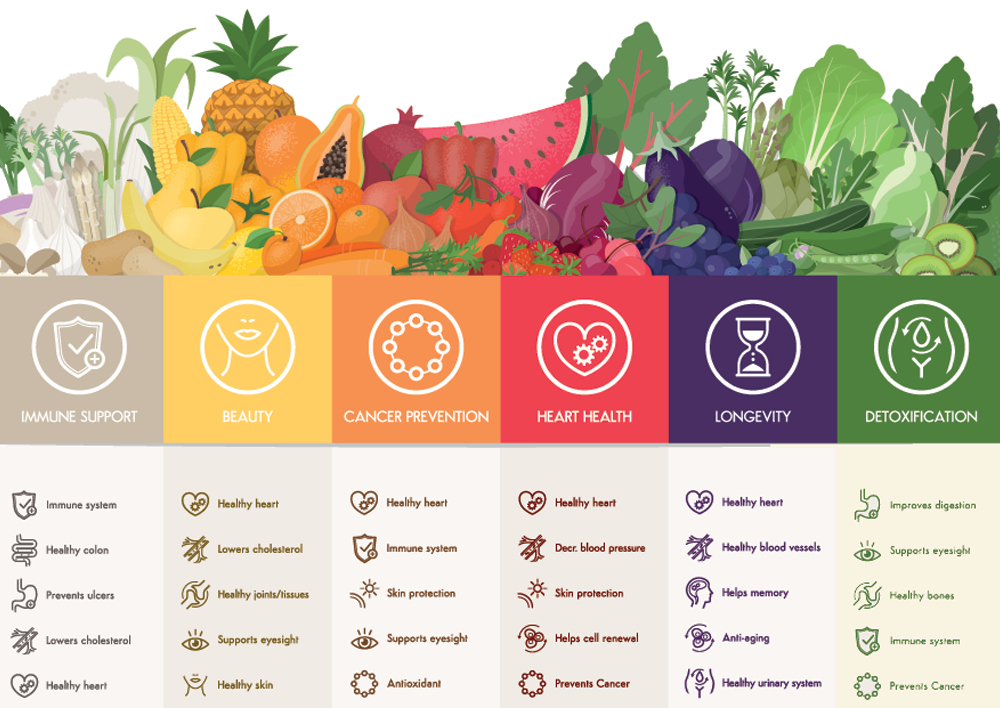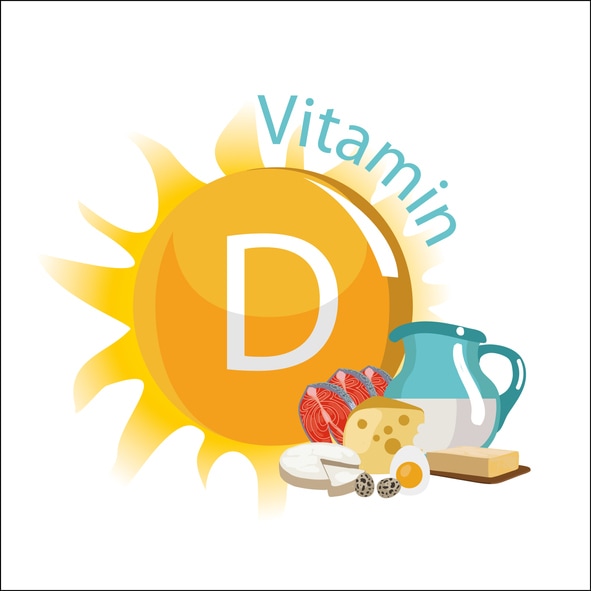Menopause marks a natural transition in a woman’s life, signaling the end of her reproductive years. As your body adjusts to these hormonal shifts, prioritizing your health and nutrition becomes paramount. During this time, your body’s nutrient reserves may start to deplete, making a well-balanced diet crucial. This blog post highlights six key nutrients to focus on for managing menopausal symptoms and maintaining overall well-being.
1. Calcium: The Bone Booster
After the age of 30, calcium levels naturally decline, increasing the risk of osteopenia (a precursor to osteoporosis) and osteoporosis. These conditions can lead to back pain, menstrual irregularities, and even impact cardiac health. A simple blood test, often included in a Kidney Function Test (KFT) panel, can determine your calcium levels. Aim for a reading between 8-10 mg/dL.

To boost your calcium intake, incorporate these calcium-rich foods into your diet:
- Chia seeds: A nutritional powerhouse, containing approximately 631mg of calcium per 100g.
- Pearl millet (Bajra): Offers a good source of calcium.
- Milk and milk products: Dairy remains a reliable source of calcium.
- Makhana (Fox nuts): A healthy and tasty snack providing calcium.
- Dark leafy greens (Methi, Spinach): Packed with essential nutrients, including calcium.
Important Note: Avoid consuming calcium-rich foods with iron-rich foods simultaneously, as they compete for absorption. Similarly, limit caffeine intake with calcium-rich meals.
2. Collagen: The Building Block

Collagen, the most abundant protein in our bodies, plays a vital role in maintaining tissue strength and elasticity. As we age, collagen production decreases, affecting skin, joints, and muscles. Supplementing with collagen can support healthy aging. Consult with a healthcare professional to determine the best collagen supplement for your needs.
3. Antioxidants: Fighting Free Radicals
Menopause can be a time of increased oxidative stress due to hormonal changes. Antioxidants are essential for combating free radicals, unstable molecules that can damage cells. Free radicals can be generated by consuming processed foods, trans fats, and added sugars.

Incorporate these antioxidant-rich foods into your diet:
- Citrus fruits: Oranges, lemons, and grapefruits are excellent sources of Vitamin C, a powerful antioxidant.
- Cinnamon: This spice boasts potent antioxidant properties.
- Turmeric: Contains curcumin, a compound with anti-inflammatory and antioxidant effects.
- Avocado: Rich in healthy fats and antioxidants.
- Green tea: Packed with antioxidants that can protect against cell damage.
- Berries: Blueberries, strawberries, and raspberries are loaded with antioxidants.
4. Physical Activity: Move Your Body

Physical activity is crucial for overall health, especially during menopause. It’s not just about weight loss; regular exercise can help slow down the aging process, improve bone health, reduce stress, and alleviate menopausal symptoms. Aim for at least 45 minutes of moderate-intensity exercise, such as walking, jogging, or yoga, most days of the week.
5. Vitamin D: The Sunshine Vitamin

Vitamin D plays a critical role in calcium absorption and bone health. It’s essential to have your vitamin D levels checked through a blood test. If your levels are below 30 ng/mL, consult your doctor about vitamin D supplementation. Vitamin D supplements are best absorbed when taken with a meal, preferably lunch.
Disclaimer: This blog post is for informational purposes only and should not be considered medical advice. Consult with a qualified healthcare professional before making any changes to your diet or exercise routine, especially if you have any underlying health conditions. They can provide personalized recommendations based on your individual needs.

